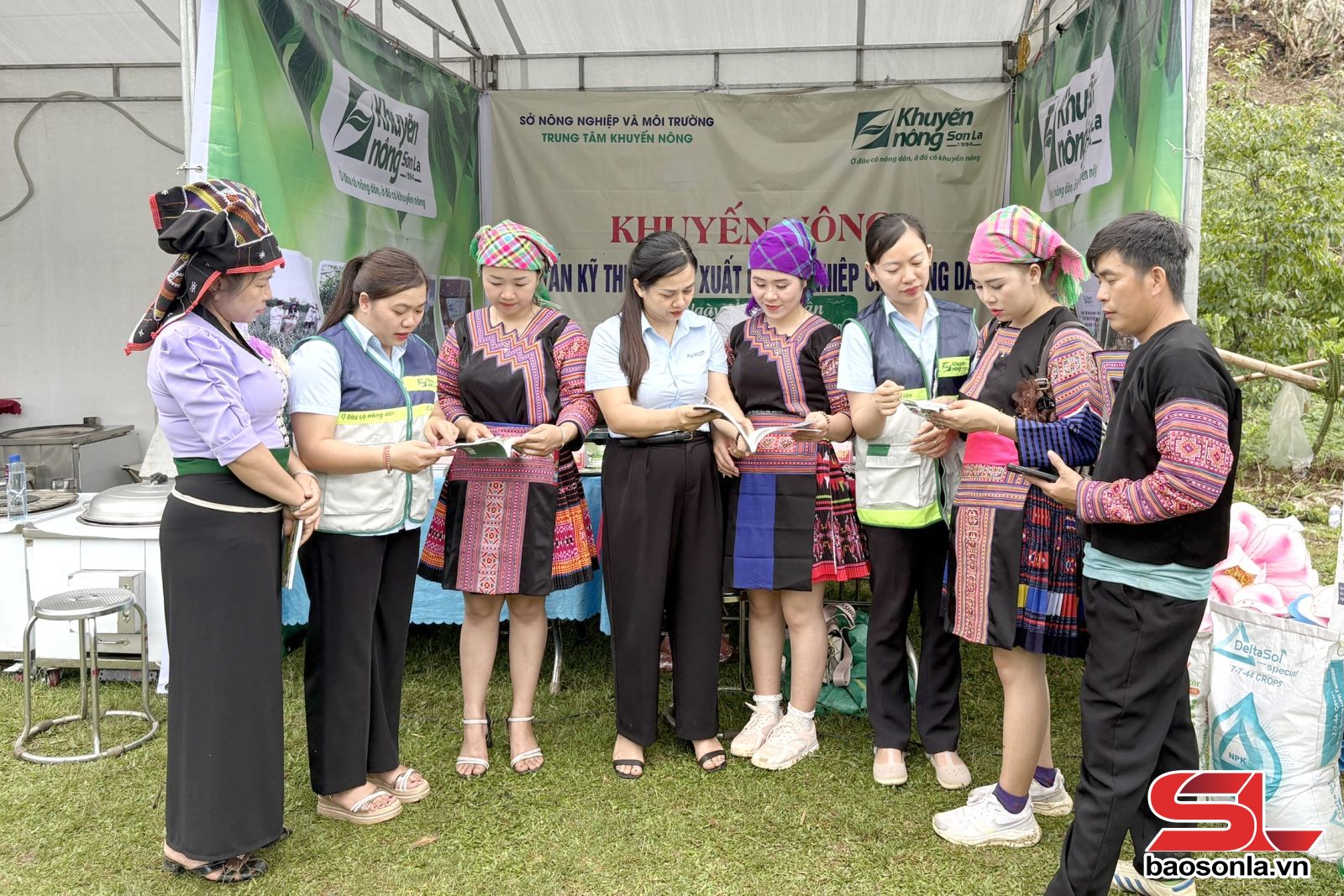
Building trust
In the past 5 years, thousands of mango growing households in Yen Chau district have switched from traditional farming methods to safe production models. Typically, Chieng Hac Safe Agriculture Cooperative, from the initial 5 hectares of mango, has now cooperated with 64 households in the area to expand the mango growing area to 159 hectares, becoming a large specialized mango growing area in the district.
Mr. Ha Van Son, Director of the Cooperative, shared: The Cooperative has transferred techniques to members and associated households to apply in actual production, such as: Cutting, pruning branches, shaping canopy; regularly monitoring tree shoots and leaves, adjusting appropriate nutrition; using plant protection drugs according to the "4 rights" principle, combined with the use of safe biological products and natural enemies to protect crops.
In addition, Chieng Hac Safe Agriculture Cooperative also invested in a processing line and installed surveillance cameras to trace the origin and ensure product export. Initially, the Cooperative used drones to monitor the growth and development of mango trees, especially the disease situation and precise irrigation water in each area.
Annually, the average mango yield reaches over 4,000 tons, with a yield of 15 tons/ha. Growers use weather forecasting software and the Plant Protection Department's pesticide application to monitor licensed pesticides and fertilizers in Vietnam; there are cameras to monitor smart irrigation systems during mango tree care. At the same time, access the web application https://farmdiary.online/ to monitor the management of growing area codes and declare diaries according to regulations.
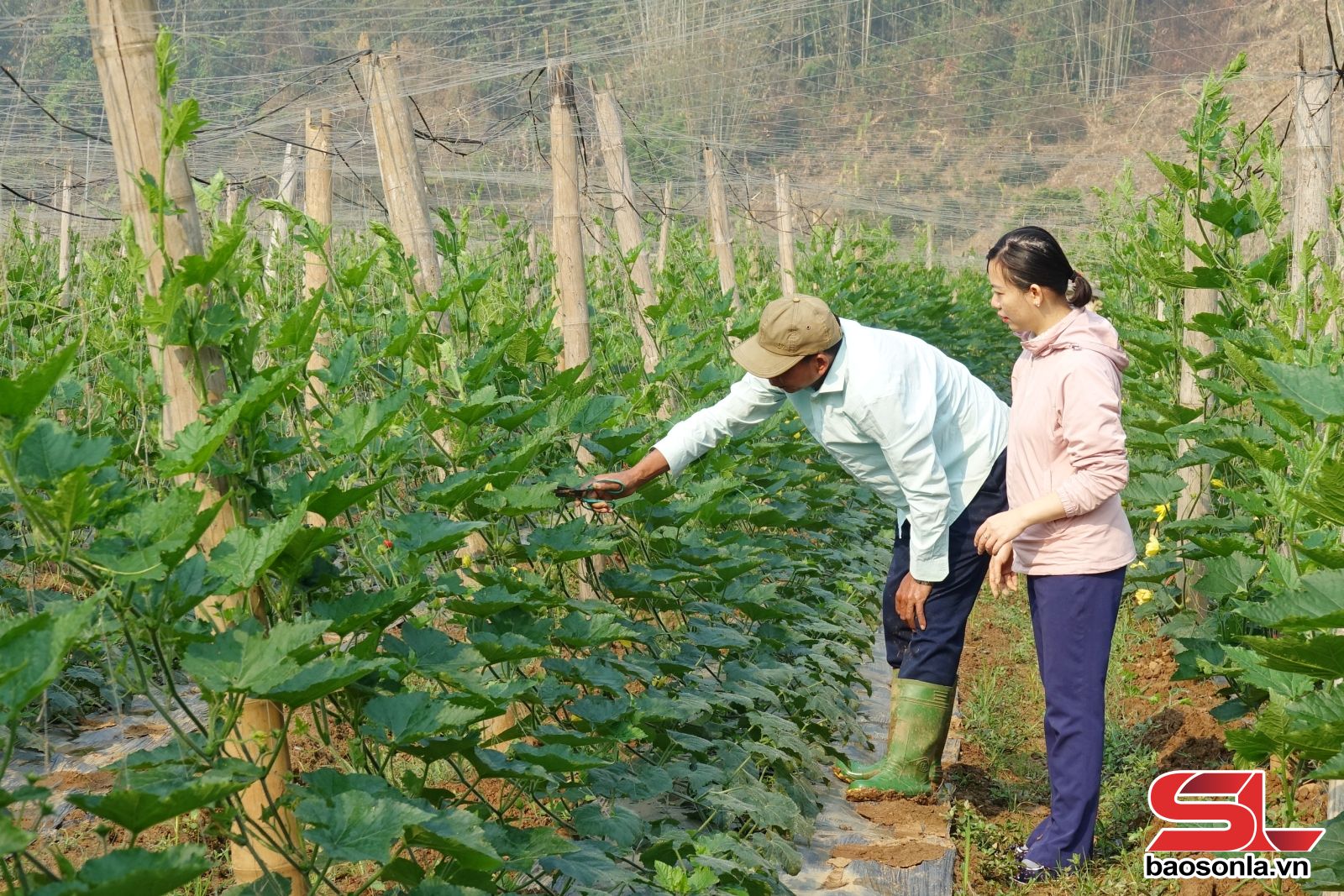
The synchronous implementation of many scientific and technical solutions has contributed to improving the quality and yield of mangoes, meeting the strict requirements of the consumption and export markets. By the end of 2024, the entire mango production area of the Cooperative was recognized as a high-tech application area. The Cooperative's mango products have been exported to the Chinese market and to markets in provinces and cities across the country.
Mai Son district has the potential and advantages to develop safe vegetable growing chains. The district has encouraged households and cooperatives to link production and consumption of products. Up to now, the whole district has 28 safe vegetable and fruit growing chains, with a total area of nearly 800 hectares and an output of nearly 13,000 tons/year. Cooperatives in the safe vegetable and fruit growing chain carry out production links between farmers and cooperatives and link cooperatives with cooperatives, and have signed contracts to produce and supply vegetable products to the system of supermarkets and safe store chains in Hanoi city.
In addition, the locality has done a good job of propagating to communes and towns to coordinate with Dong Giao Food Export Joint Stock Company to survey and plan crops for processing materials; mobilize businesses, cooperatives and people to sign production contracts, linking safe production with sustainable processing. Currently, there are 9 cooperatives, cooperative groups and households associated with the production of more than 300 hectares of spinach, sweet corn and soybeans with the Company.
Tien Son Agricultural Cooperative, Mai Tien village, Muong Bon commune, Mai Son district has 21 members participating in the association to grow nearly 7 hectares of vegetables, with an output of over 560 tons/year. Mr. Pham Van Dau, Deputy Director of the Cooperative, said: The Cooperative has grown vegetables according to a clean model, VietGAP standards. Thanks to the application of strict procedures from seed selection, care and harvesting, focusing on ensuring food safety and traceability, the products are contracted by businesses to purchase right from the beginning of the season. Every year, each cooperative member household earns an income of 300-400 million VND.
Up to now, the whole province has 262 safe agricultural and aquatic product supply chains in operation, of which 37 safe vegetable chains, area 331 ha, output 13,799 tons/year; 160 safe fruit chains (mango, longan, plum, passion fruit, avocado, orange, grapefruit, strawberry, dragon fruit...) area 3,692 ha, output 43,275 tons/year. Continue to maintain 216 growing area codes, of which 200 export growing area codes with a total area of 2,911.85 ha; 16 growing area codes with a total area of 179.07 ha.
Building safe vegetable and fruit chains, creating momentum for agriculture, rural areas and farmers in the province, promoting farmers' creativity to form linked chains in production and consumption. At the same time, helping Son La province's agricultural products affirm their position in the domestic and world markets.
Supportive policies, leading markets
Besides the achievements, the production of safe vegetables and fruits in Son La is facing some barriers, such as: small scale of production, lack of investment capital, uneven cultivation techniques. In addition, the consumption market is not really stable, depending heavily on traders.
Ms. Cam Thi Phong, Deputy Director of the Department of Agriculture and Environment, said: The province is committed to accompanying farmers and businesses in improving quality, expanding markets, especially official exports. To overcome difficulties, departments, branches and localities are determining the scale of safe and concentrated vegetable production areas, included in the planning scheme for the period 2021-2030, with a vision to 2050 and other related plans.
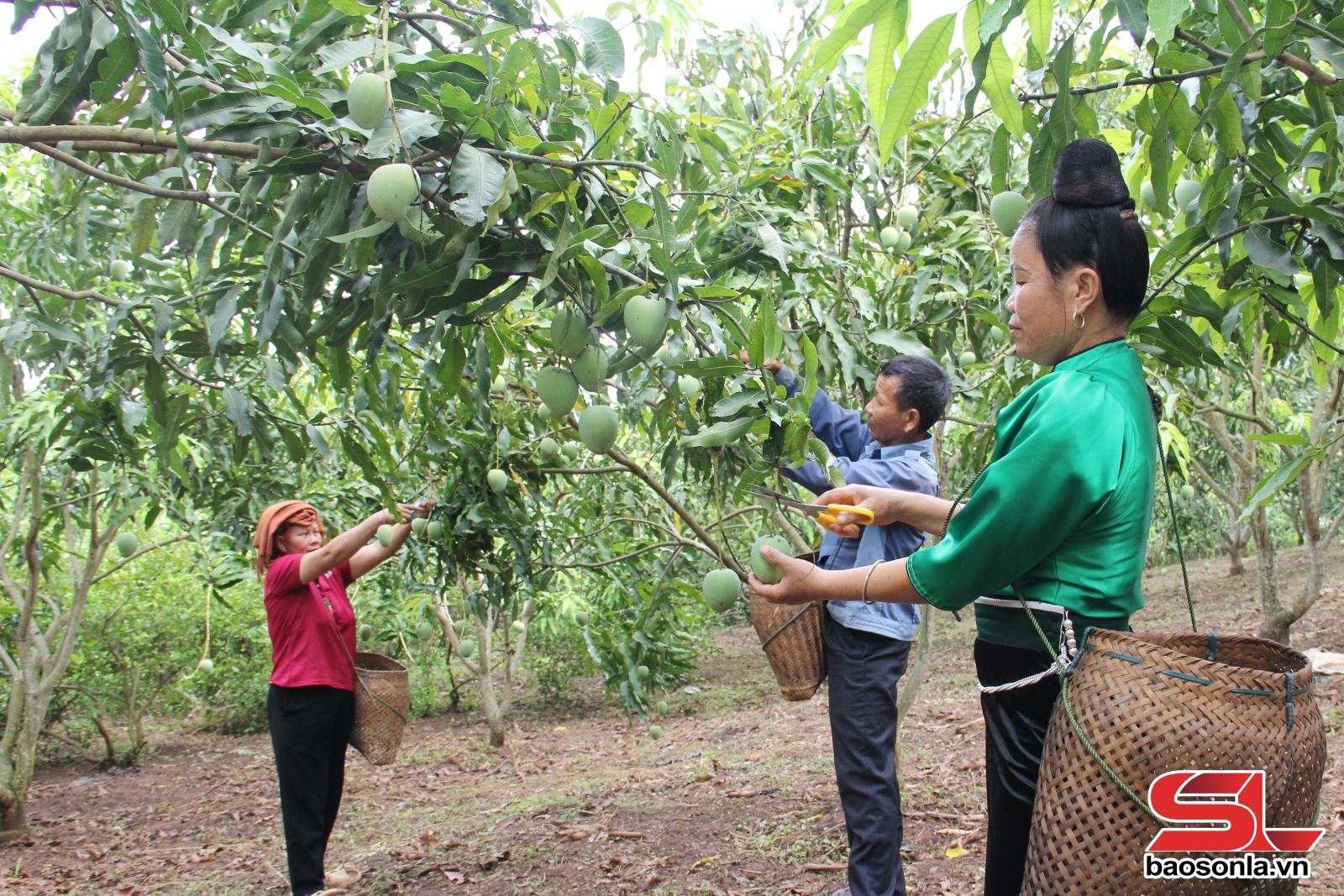
By 2030, the area of VietGAP, GlobalGAP and equivalent standard crops will reach 75,700 hectares; the proportion of high-tech agricultural production value will account for 30-40% of the total production value of the province. Of which, the area of safe, concentrated vegetables with traceability is estimated at 7,500 hectares, with an output of 80,000 tons or more; strive for over 95% of inspected and tested vegetable samples to meet safety standards; build a chain system from production to consumption.
The province continues to implement policies to attract businesses to invest in agriculture and rural areas; coordinate with businesses to orient the scale of vegetable and fruit growing areas, prioritizing concentrated areas; promote the formation of vegetable and fruit production chains from building growing areas to processing and consuming products. Support the development of cooperatives and improve the capacity of cooperative members to produce safe vegetables and fruits to build sustainable links between businesses and production households. Develop growing area codes, ensure traceability; train and transfer science and technology on safe vegetable production processes, preliminary processing, and preservation of vegetables...
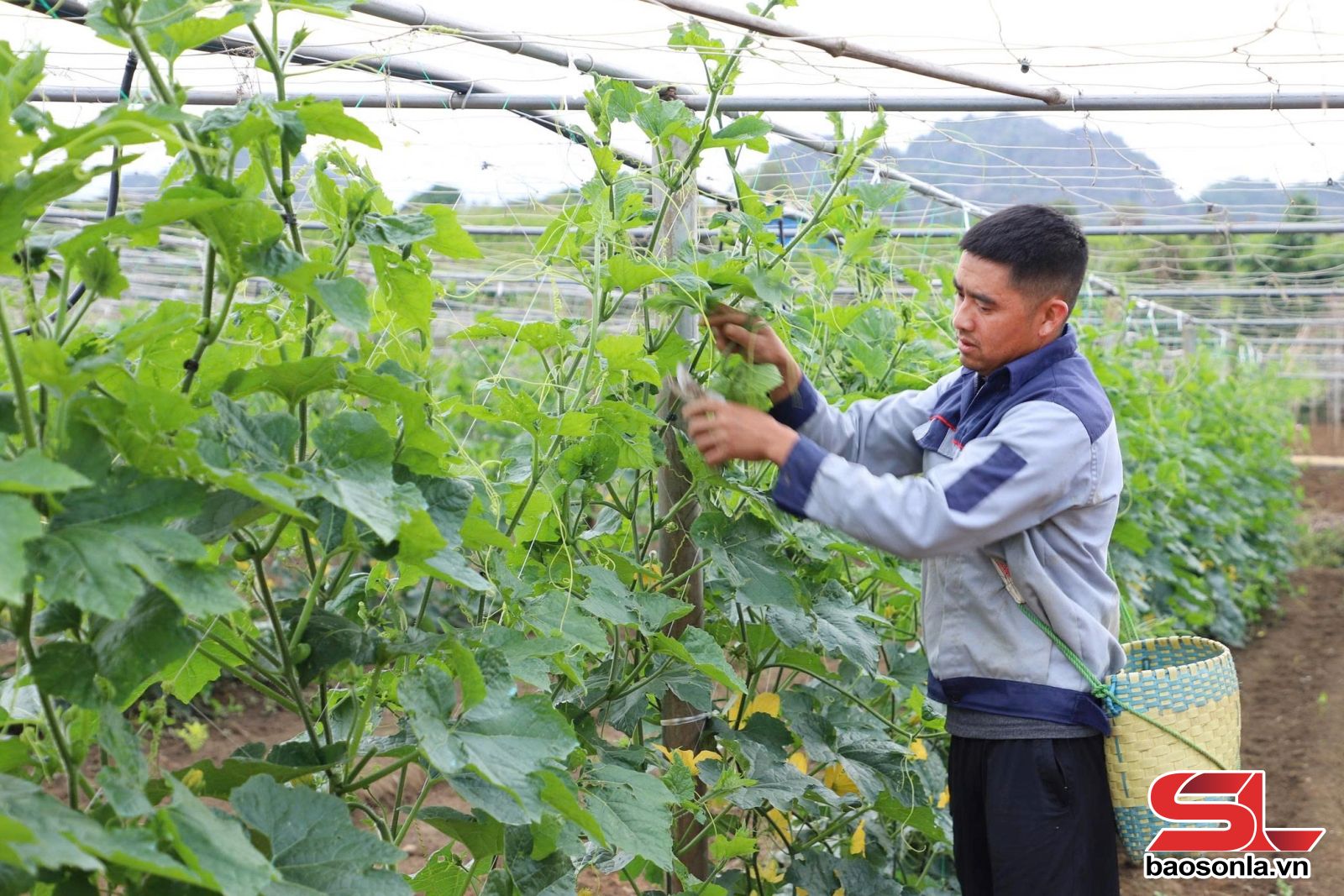
Regarding the market, the province creates conditions for the cooperative to participate in events such as: Departing to bring Son La plums onto Vietnam Airlines flights and into the distribution systems of Saigon Co.op, BigC, WinCommere; participating in booths to display, introduce and sell agricultural products at the Quang Ninh OCOP Fair - Spring 2025; Forum "International trade in the era of growth"... to promote safe agricultural products to consumers.
The lands that used to grow crops according to tradition have now become model fields and vegetable and fruit gardens. Clean vegetables and fruits of Son La are the right direction of the province in transforming the crop structure, developing areas for producing high-quality, safe vegetables and fruits and building agricultural product brands.
Source: https://baosonla.vn/kinh-te/son-la-xay-dung-cac-chuoi-rau-qua-an-toan-OnCVdELHR.html










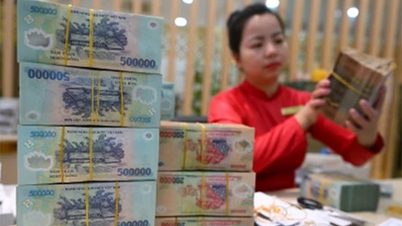

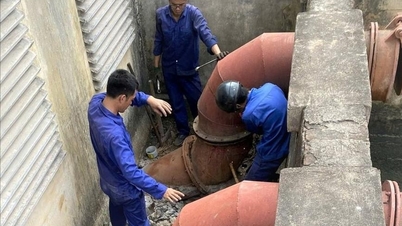



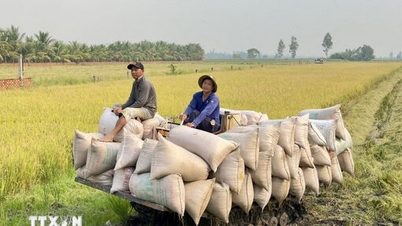





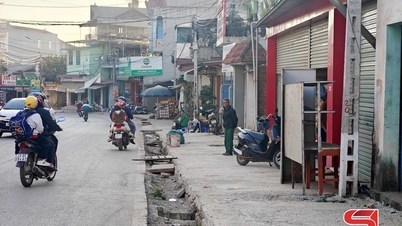
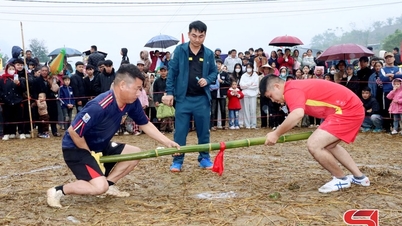
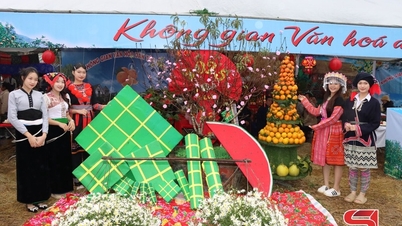
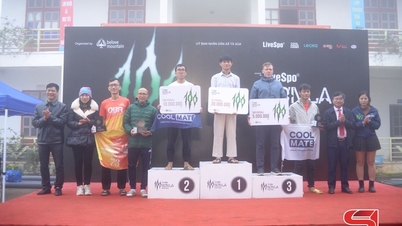
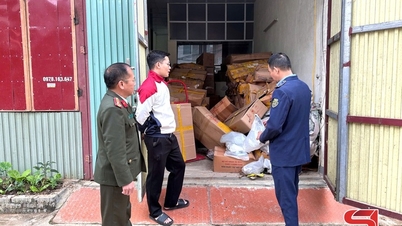
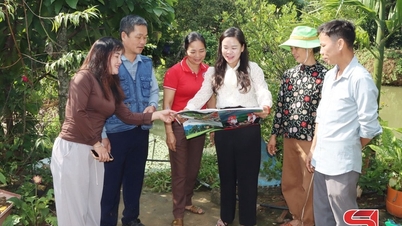


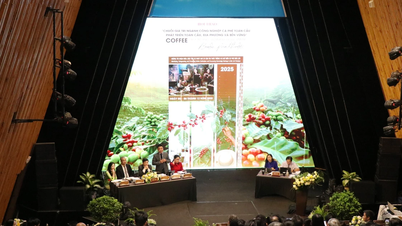









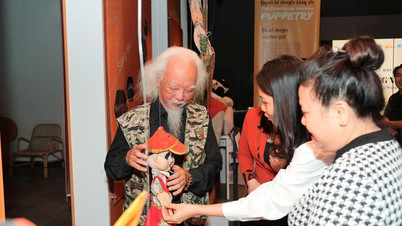

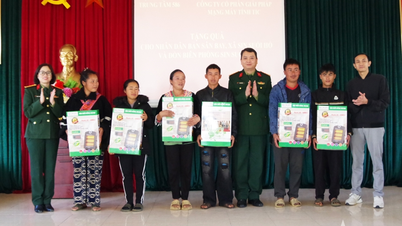

















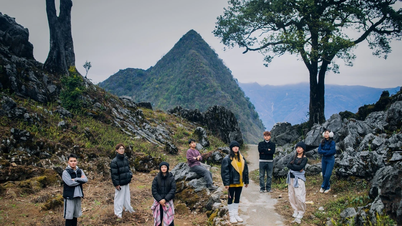

















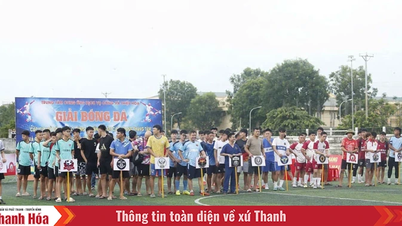


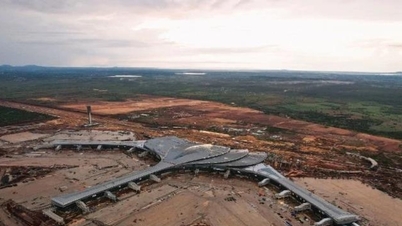

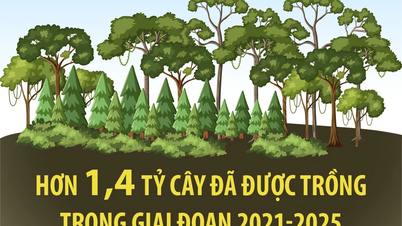



















Comment (0)